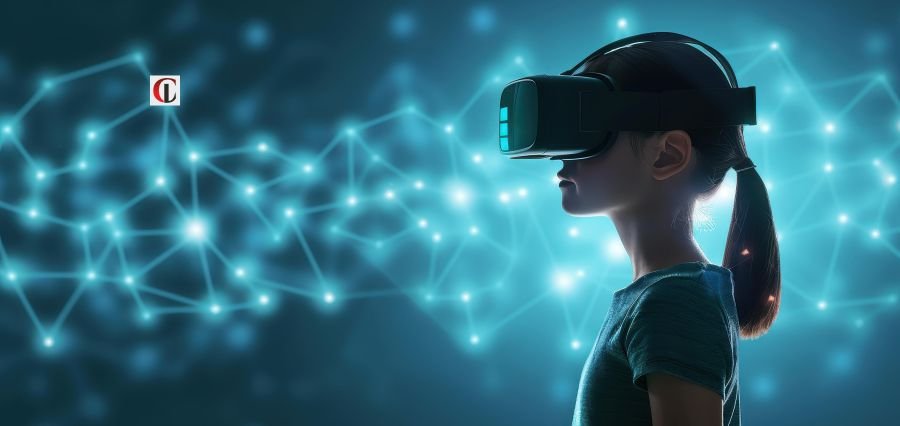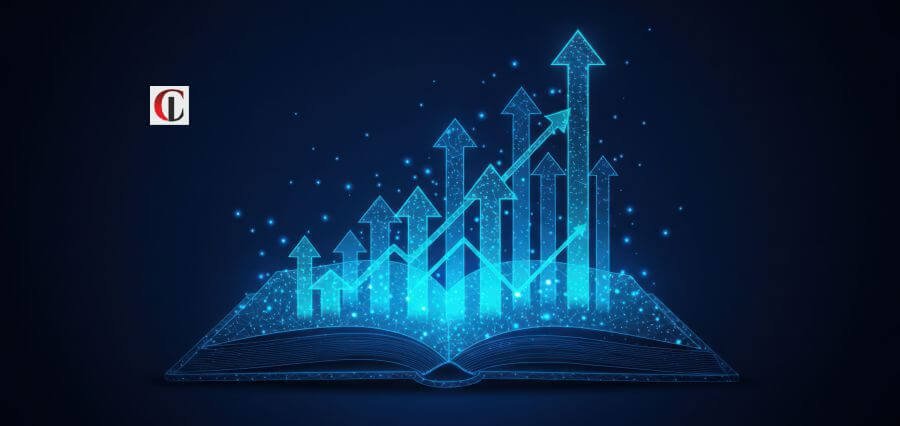Artificial Intelligence (AI) enables computers to perform tasks that traditionally require human intelligence. This is accomplished with complex algorithms that analyse task-specific data. As a result, computers learn the necessary rules to execute these tasks and apply them in real-world scenarios.
Since I began exploring AI and its potential, I have always believed it to be a force for good. I recall Andrew Ng, a leading figure in AI, comparing AI to electricity. This analogy resonates with me because, much like electricity revolutionised various aspects of society—transforming transportation systems and impacting healthcare—AI is poised to follow a similar trajectory. Digital technology today is built on the foundation of electricity, and AI has the potential to transform every facet of society and disrupt every industry.
Although AI may not resolve every issue we encounter, such as geopolitical tensions, food shortages, and rising living costs, it demonstrates significant potential to become the foundational technology upon which many future solutions are developed.
Agriculture: Climate change has had a devastating impact on the agricultural industry. Extreme weather events, such as floods and temperature changes, have affected crop yields. Many farmers, particularly in regions with limited access to water or political instability, are forced to produce food with minimal resources.
By adopting AI solutions that can predict weather changes, farmers can adjust planting patterns accordingly. Additionally, AI applications that monitor crop health enable farmers to make more informed decisions about different crops, leading to increased productivity with minimal resources.
One example of crop health monitoring is an AI application called Nuru (1), developed by a non-profit research hub in Kenya called PlantVillage. Farmers simply upload pictures of their diseased crops to the app, and the AI identifies the disease and provides instant treatment recommendations. Another use case gaining popularity in parts of India involves using satellite images and weather information to predict optimal harvest times.
Healthcare: In many parts of the world, particularly in low-income areas or regions affected by natural disasters, access to quality healthcare is challenging. The healthcare industry is also experiencing global shortages of workers and, in some cases, resources. The lack of skilled workers, combined with the growing demand for accessible and affordable healthcare, has placed the industry in a difficult position.
AI systems can provide virtual care to remote or disaster- struck areas, allowing patients to receive support without visiting hospitals, thereby optimising staff resources. In addition, AI systems can assist doctors in disease detection through image recognition by analysing X-ray scans.
In Mozambique, AI is being used to detect tuberculosis in high-security prisons (2) without the need for a doctor. Tuberculosis is a major health issue, affecting up to ten million people each year, according to the World Health Organisation (WHO). By leveraging AI, disease detection in areas with limited healthcare access could have a significant global impact.
Climate Change: As previously mentioned, environmental instability has significantly impacted agricultural yields in various regions worldwide. Furthermore, these extreme weather events have adversely affected businesses, infrastructure, and other societal sectors. A recent example is the wildfires in California, United States, which destroyed numerous homes and buildings. It is evident that this is a substantial global issue. By leveraging sophisticated AI models, climate data can be analysed to predict such natural disasters and enhance response strategies.
AI tools such as Google’s FloodHub (3) process vast amounts of data in real-time to detect early signals of floods and changes in sea ice levels. Another example is provided by a company called Mitiga (4), whose solution analyses climate data to simulate extremely rare climate events, such as hailstones, and then uses AI to predict the likelihood of such events. This helps businesses and societies to plan accordingly. These tools demonstrate AI’s capability to combat climate change through advanced climate modelling.
Challenges & Resolutions
Bias and Discrimination:
Challenge: If the data used to train an AI solution is biased, it is likely to affect the decisions or predictions made by the AI system, leading to unfair outcomes for certain groups of people. This can be particularly devastating in critical areas such as healthcare or law enforcement. For example, a healthcare algorithm may misdiagnose a patient based on their race if the data showed that their race was less likely to have that diagnosis.
Data Privacy:
Challenge: AI systems often process vast amounts of data, some of which can be personal, such as healthcare information. This raises ethical questions regarding the use and protection of this data. This could be the use of personal data of millions of users from the internet without consent for the purpose of advertising.
Accountability and Transparency:
Challenge: Many AI systems operate as ‘black boxes’, making it difficult to determine how they make decisions. Accountability is crucial, especially in fields like healthcare. The lack of transparency can undermine trust in AI solutions.
Job Displacement:
Challenge: AI is a revolutionary technology, inherently disruptive. While many global challenges still require human collaboration, automating certain tasks can lead to job losses or necessitate upskilling for certain roles. One example of job displacement would be that of banking tellers when AI was introduced into the banking sector.
Conclusion – AI Regulations and Future of AI
In conclusion, AI holds immense potential to address global challenges in areas such as healthcare, agriculture, and climate change. However, it is crucial that AI solutions are developed and deployed responsibly to ensure their benefits are inclusive across all sectors of society. Governments, academia, and industries must collaborate to create effective policies that navigate the complexities of AI ethics without hindering innovation.
As the technology evolves, its opportunities and impact will grow. Just as electricity transformed every aspect of society a century ago, AI has the potential to do the same. More importantly, it could empower the world to tackle some of the most pressing challenges it currently faces.
About the Author
Chidi is an AI Strategy Consultant with over seven years of experience in digital technology. He specializes in offering thought leadership and expertise in AI to organizations aiming to implement AI solutions for digital transformation. His areas of expertise include machine learning, generative AI and market research.





